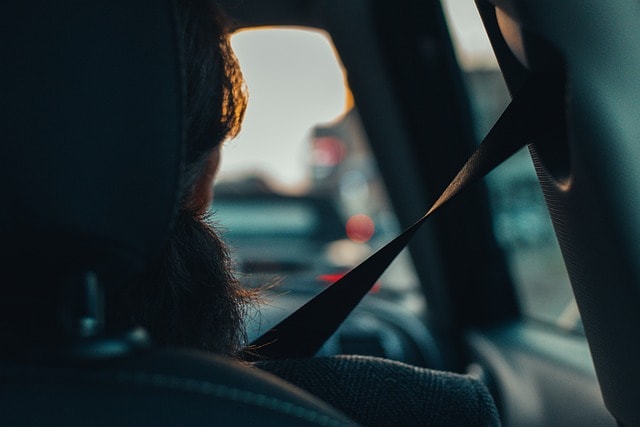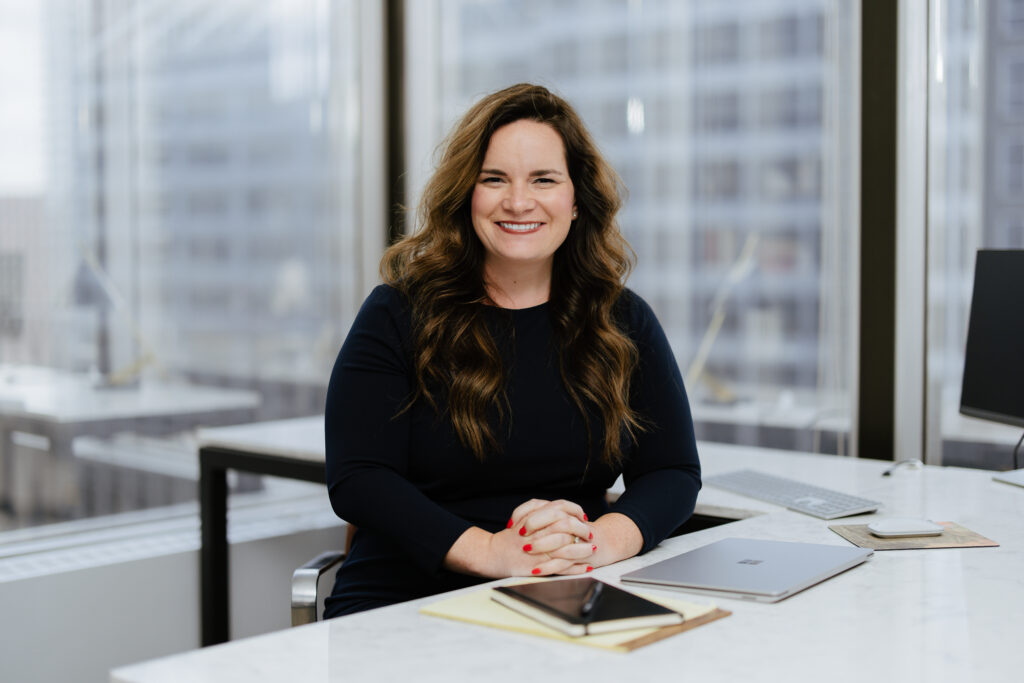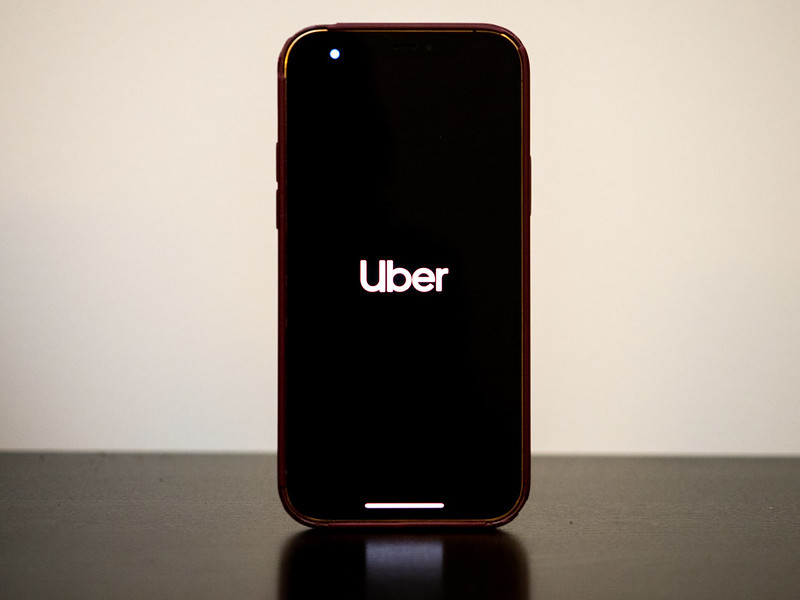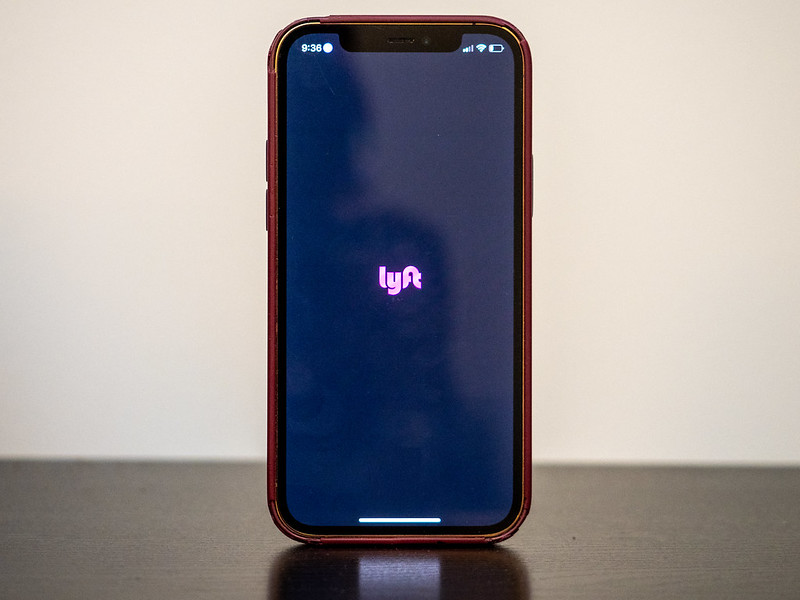Overview
Ridesharing services like Uber and Lyft operate on a simple business model: matching passengers with qualified drivers to provide a safe and convenient means of transportation. However, incidents of sexual abuse and misconduct have been reported by passengers across the country. And while Uber and Lyft have acknowledged the growing crisis of rideshare sexual abuse complaints in recent years, reports from survivors of this abuse connected to their services continue to come forward.
Through the survivor advocacy practice at Wallace Miller, our team provides compassionate, unwavering legal services and support for people who have gone through sexual abuse. The barriers to coming forward about abuse can feel overwhelming, and the complicated legal process even more so. We help survivors assess their options in passenger sexual abuse litigation and beyond and stand by them in whatever path they choose.
If you or a loved one has been through sexual abuse in an Uber or Lyft, reach out to our survivor advocacy team. We are available for a free and confidential consultation at 331-425-8022 or via the case evaluation at our website.
If you need immediate resources, the National Sexual Assault Hotline provides confidential support 24 hours a day, seven days a week. They can be reached online at online.rainn.org and by phone at 1-800-656-4673.

Image by Pixabay.
Case Team
Principal Attorney: Molly Condon Wells
Principal Paralegals: Morgan Kapping
Supporting Attorney: Alexandrea M. Messner
Supporting Paralegal: Mirena Fontana
Legal Assistant: Leena Yaqub
Survivor Advocacy in Rideshare Sexual Assault Cases: Your Legal Options
Injury
Sexual abuse in rideshares
While the vast majority of rideshares are safe, the sexual abuse of passengers in Ubers and Lyfts remains a problem. Between 2017 and 2022, Uber’s safety reports revealed more than 10,000 incidents of sexual abuse, while Lyft reported more than 6,809.
Any act of sexual contact someone suffers without their consent constitutes sexual abuse. Consent may refer to someone’s agreement to sexual acts, or to legal consent—for example, if a victim is a child, they are not legally able to provide consent. People are also unable to provide consent when asleep and in certain other situations, such as being impaired by drugs or alcohol.
Sexual abuse in a rideshare can take many forms. These may include molestation or rape, requests for sexual favors, verbal sexual harassment (such as obscene jokes or discussing sexual relations or fantasies), and indecent exposure. Reports find that both riders and drivers are targets of abuse, although riders are statistically more likely to be the victims, and that women make up 89% of survivors. Plaintiffs have alleged that rideshare companies have prioritized profits and growth above the safety of their customers and drivers.
While some groups suffer sexual abuse more often, anyone can be a victim. Wallace Miller advocates for survivors and represents individuals across a wide variety of experiences, irrespective of age, race, gender, ability, or circumstance.
Plaintiff & Defendant
Lyft and Uber sexual assault lawsuits
Individuals who have been sexually assaulted in a rideshare have several legal options to pursue justice. The most well-known is criminal litigation, in which the victim brings the accused to court. Depending on the verdict, the defendant may face jail time, fines, or other consequences.
Civil litigations, on the other hand, do not involve criminal charges, so they don’t result in jail time. Instead, they seek to compensate the plaintiff financially for harm caused. This system isn’t perfect—we know that no amount of money can undo what happened or heal long-lasting trauma. However, awards from settlements or verdicts can provide closure and improve a survivor’s quality of life. They can pay for medical bills, compensate the survivor for pain and suffering, and punish the defendant for the harm they caused. We believe that these lawsuits also hold perpetrators accountable and serve as a message to rideshare companies like Lyft and Uber that sexual abuse will not be tolerated on their platforms.
As a plaintiff in a rideshare sexual assault lawsuit, you may be eligible to file a lawsuit against the person who perpetrated the assault or against the company for failing to protect passengers. In thousands of cases against Lyft and Uber, individuals have asserted that the companies were negligent in ensuring passenger safety. They allege that drivers went through inadequate background checks and did not receive adequate vetting and training. In addition, they claim that Lyft and Uber did not reliably remove drivers accused of assault, provide enough safety measures, or respond adequately to passenger complaints.
Plaintiffs who file an Uber sexual assault lawsuit may also have the option to participate in the multidistrict litigation (MDL) in the Northern District of California. In a litigation like the Uber sexual assault MDL, many plaintiffs with similar cases against the same defendants join a consolidated process that can help all cases proceed more efficiently and fairly.
Landscape
Survivor advocacy: Your options for a rideshare sexual abuse lawsuit
Our team of attorneys, paralegals, and legal assistants is here to help you determine the best path forward—whether that’s pursuing sexual assault claims in civil litigation, looking into a criminal lawsuit, or seeking resources outside the legal system.
In our survivor advocacy practice area, our focus is on the client’s needs, from the first call to the final resolution. Our law firm is dedicated to providing trauma-informed legal services and compassionate, determined counsel to achieve the justice you deserve.
A Lyft or Uber sexual assault lawyer can help you evaluate your case, understand your rights, and determine the best path forward. If you are considering pursuing survivor advocacy civil litigation, contact our team at 331-425-8022 or fill out our online case evaluation. Any consultation is fully confidential and free of charge.
Timeline
March 2025 — More than 1,600 cases alleging sexual abuse in Ubers have been consolidated in a multidistrict litigation (MDL). The court recently rejected a bid by Uber Technologies to challenge the MDL based on a stipulation in its terms and services banning consolidated action.
October 2023 — Sexual assault cases against Uber have been consolidated in a multidistrict litigation in the Northern District of California.
2018 — After public pressure and an open letter from survivors of sexual abuse, both Lyft and Uber end their policy of requiring customers to sign non-disclosure agreements and pursue claims through independent arbitration and mediation.
April 2018 — News breaks of ongoing sexual abuse investigations into Uber and Lyft.
2017 — Lyft announces it’s providing more than a million rides a day.
2014 — Uber expands to 100 cities worldwide.
2012 — Lyft is founded in San Francisco.
2009 — Uber is founded in San Francisco.

Wallace Miller partner Molly Condon Wells.
Contact
Hear from our team
Our team is here to help survivors navigate the complex processes of civil litigation. If you decide to come forward with your case, we will fight for justice on your behalf every step of the way.
Whether you pursue a legal case or not, know that you are not alone. While nothing can undo the harm done to you, you deserve to feel safe and find the resolution that’s best for you.
Sincerely,



